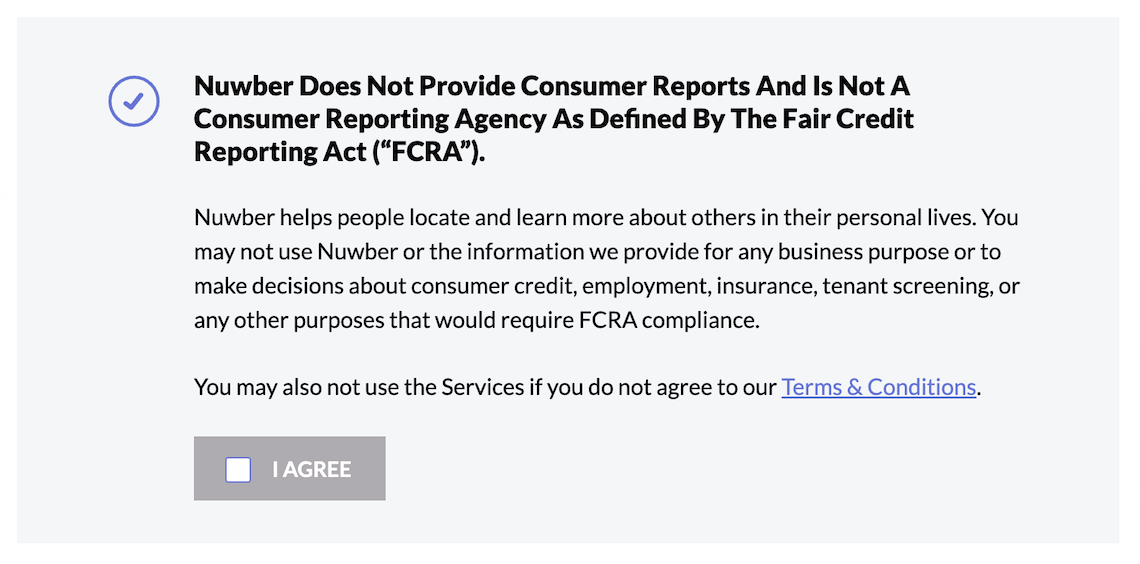Your personal data can be bought by others.
Data that most reasonable people would think is private and only known to a few friends and relatives is actually available for almost anyone in the world to purchase if they wish to do so.
This seemingly-private data is collected en masse from numerous public and private sources about millions of people within the United States.
It is collected and compiled by companies known as data brokers.
Data brokers make long and detailed reports of personal information available for anyone to buy for as little as $17.00.
The sale of personal data to individuals and companies is how data brokers remain in business.
What data is sold by data brokers?
Data broker reports typically include:
- Your name.
- Your date of birth.
- Your email address(es).
- Your cell phone number.
- Names of the schools you attended.
- Your past and present home address(es).
- Your past and present home phone numbers.
- Information about your credit score and income.
- The names of your family and relatives (with an option to download reports on them, too.)
In short, personal data reports from data brokers usually contain answers to many of the most common questions used as “security questions” on various websites. For example, a “security question” may ask what school you went to, or the name of one or more of your relatives. Data broker reports contain both of those and much more.
You won’t be informed if someone buys your data.
If you are wondering whether you would be told or informed when someone buys your personal data through a data broker, the answer is, unfortunately, no.
You will not be notified if someone decides to pay for your own personal data.
You will not be notified if a company decides to pay for your own personal data.
Laws prevent most people from acting on the information available through data brokers, such as to decline your application to rent a home or apartment, or from disapproving your application for a credit card.

We can reasonably assume that most large and well-established companies do not rely on information bought from data brokers for non-transparent purposes. They may, however, pay for data in bulk for use in mailings, emailings, telemarketing, and for other reasons.
But smaller companies or other private individuals may act on that same data more than they should.
(If you owned an apartment or home yourself and planned to lease it out, you would probably want to know who you are about to turn your property over to. Though not ethical, we can reasonably assume or expect that it has happened.)
But landlords, banks, and credit card companies are not who you have to be worried about getting their hands on this information.
Why people purchase personal data
Examples of where your personal information from data brokers might be bought and used “against you” could include:
- Upsets on the internet.
- Curious or nosey people.
- Renting a home or apartment.
- Friends you’ve fallen out of touch with.
- People who hold grudges against you for whatever reason.
- Old acquaintances wondering where you are now and what you’re up to.
- Persons who dislike you enough (or are unstable enough) to want to harm you or your reputation.
Only a copy of your data is sold
In case it’s unclear, you should know that when data brokers sell your personal data to either a private individual or to another company, they are only selling a digital copy of it.
They are not selling it to get rid of it.
After selling a copy of your data, the data broker retains (keeps) your data, continues to store it, and continues to make it available to the next person or company that comes along and wishes to buy yet another copy of that same data.
The only way to end this cycle is to remove your data from the data broker.
There are simple ways of going about that removal process. The easiest of them is to start a data removal subscription which is cost-effective, and which ensures your data is deleted from and kept off of data broker websites.
How to prevent your data being sold
The best way to prevent your personal data from appearing so prominently on the internet is also the only way to do so: Get it removed from the data brokers’ websites, which in turn removes it from Google and other search engines.
You can choose to deal with the removal requirements yourself, or you can pay a data removal company to do so for you.
Most people choose the latter, because the removal requirements for personal data vary from website to website. It has been estimated that manually fulfilling these requirements on your own would take an estimated 200 hours.
Data removal companies use software that not only automates the process, but that also continues to monitor their subscribers’ names to ensure that removed data does not later reappear online.
In summary, there is no way to know who has paid to obtain personal data about you, but there is a way to prevent it from happening again. InfoRemover.com uses proprietary software that makes removing your data from the internet easy and affordable.



